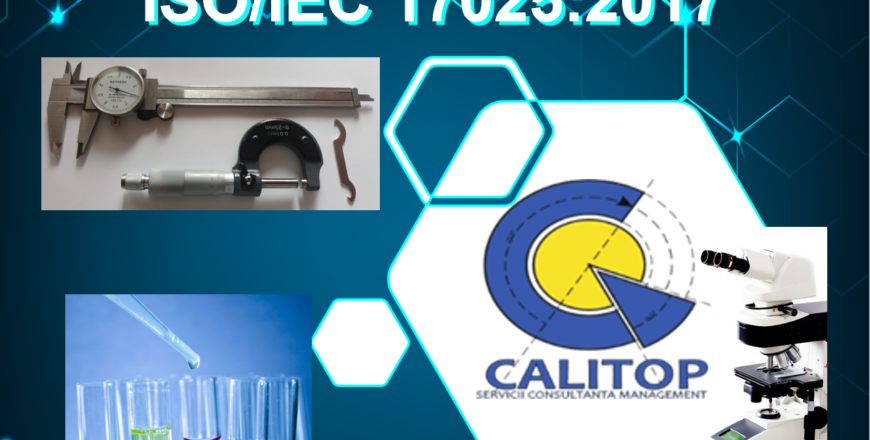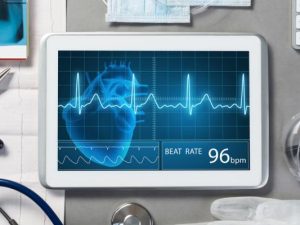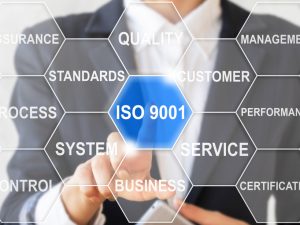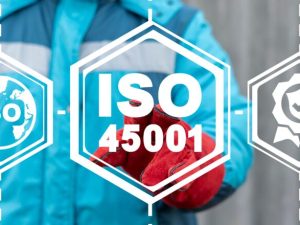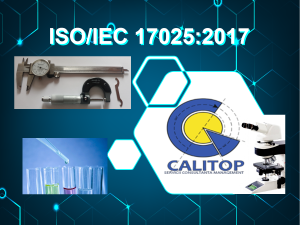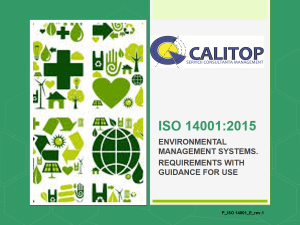GENERAL DESCRIPTION
ISO 17025 accreditation demonstrates that a laboratory has an acceptable quality management system and has the ability and competence to provide test and calibration results.
OBJECTIVES
At the end of this course of presenting the requirements of the SR EN ISO/IEC 17025:2018 standard, the participants will be able to:
- Know what a quality management standard is for laboratories
- Know the terminology used by SR EN ISO/IEC 17025:2018
- Understands the general requirements for the competence of testing and calibration laboratories (ISO/IEC 17025)
- Start an analysis and update of your own documents and practices of the laboratory management system
WHO SHOULD ATTEND
- Representatives of the management for the laboratory
- All laboratory staff participating in the operation of the laboratory quality system: carry out tests or calibrations; supports the activities of the laboratory; manages the quality system of the laboratory; train the laboratory staff, etc.
- Any persons involved in planning, implementing, maintaining or auditing a quality management system in testing and/or calibration laboratories
PREREQUISITE
TRAINING AGENDA
- Introduction and overview of the course
- The intentions of the 2018 revision of the ISO 17025 standard
- Terms and definitions (SR EN ISO/IEC 17025:2018)
- Requirements analysisSR EN ISO/IEC 17025:2018
- General requirements (Chapter 4): Discussions about the importance of impartiality and confidentiality in laboratory activities
- Structural requirements (Chapter 5): Description of the role of top management, organisational and management structure and responsibilities and authority of laboratory staff
- Resource requirements (Chapter 6): Staff; Facilities and environmental conditions; Equipment; Metrological traceability; Products and services supplied from outside
- Process requirements (Chapter 7): Analysis of requests, tenders and contracts; Selection, verification and validation of methods; Sampling; Handling of test and calibration objects; Technical records; Measurement uncertainty assessment; Ensuring the validity of the results; Reporting the results; Complaints; Non-compliant activity; Data control and information management
- Requirements relating to the management system (Chapter 8): Presentation of the two options, A and B, for the implementation of a laboratory management system


